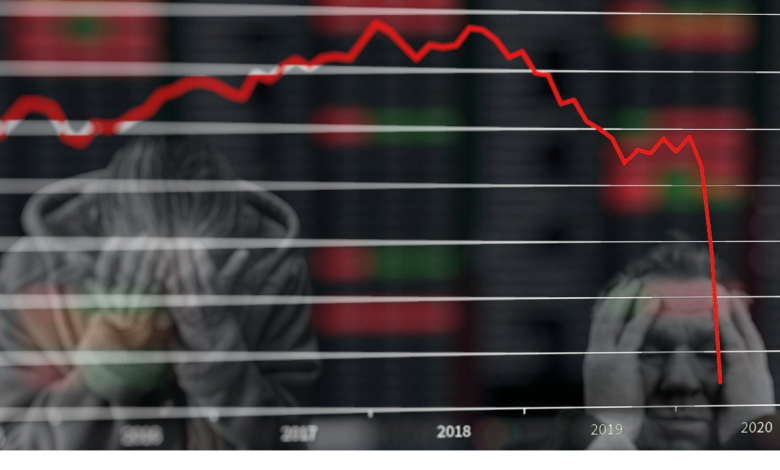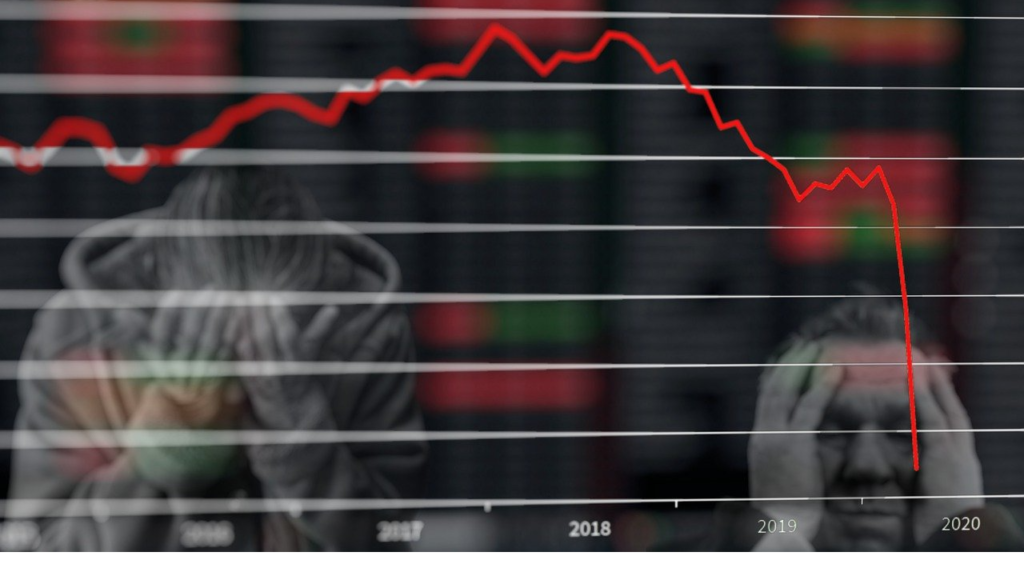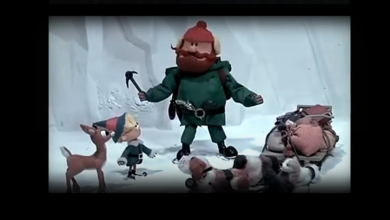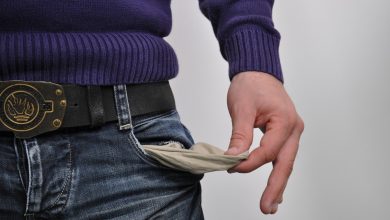Peter Schiff: This Won’t Be a Short Shallow Recession

The mainstream seems to have conceded that the economy is heading toward a recession. But most people aren’t too worried. They seem to think the downturn will turn out short and shallow. In his podcast, Peter explains why the recession will more likely be long and deep. Since people don’t understand the nature of the boom, they can’t understand the nature of the bust.
Last week, the Atlanta Fed raised its projection for GDP in Q2, but it still remains negative at -1.2%. That would mean we are officially in a recession with two consecutive months of negative GDP growth.
Peter said everything he thought would be happening in the economy is happening.
The economy is, in fact, headed to recession. We probably are in a recession. … So, it’s not a question of will the economy go into recession. The question now is when is it going to come out of recession? Because we’re already there.”
Meanwhile, inflation remains elevated. It came in surprisingly hot in May, and the projection for June is for CPI to rise even higher. Peter said he expected this stagflationary environment would be bullish for gold and bearish for the dollar. So far, it’s been the opposite. But Peter said he remains convinced that ultimately his forecast for how this condition will impact gold and the dollar will prove correct.
The question is: why is the market pricing in a strong dollar? The answer is most likely because most people believe the recession will be short and shallow, and that it will recover without any help from the Fed. That would mean a strong economy with higher interest rates as the central bank continues to rid the economy of the scourge of inflation. Peter called this a fantasy.
The idea that this recession could be anything but severe is farcical. There is no way we can have a shallow recession.”
One of the main reasons people remain sanguine about the economy is the appearance of a strong labor market. According to the June jobs report, the economy added 372,000 jobs last month. As Peter pointed out, this might not be as good as everybody thinks.
We are just on the cusp, and it is getting much, much worse. What they don’t understand is that if the economy is already in a recession with strong job growth and low unemployment, imagine how much worse this recession gets when we start losing jobs and unemployment rises. Because that is exactly what is going to happen.”
And is the labor market even as strong as it appears?
There are, in fact, some cracks in the foundation. One bad sign is the revisions for previous months have turned negative. This could be a sign that the labor market is cooling. Meanwhile, there is a surge in moonlighting. That adds jobs to the economy, but it is a sign of weakness, not strength. As Peter explains later in the podcast, needing a second crappy job is not good news for the economy.
Peter said the biggest reason people think the recession will be shallow is that most people don’t understand recessions and why they come about.
Recessions have to do with the market’s attempt to correct misallocations of recourses — malinvestments that occur during a phony economic boom — a boom that is created by a central bank keeping interest rates artificially low. When interest rates are artificially low, capital is misallocated. Projects end up getting funded that, if the market reflected a true interest rate, never would have attracted funding. So, you get all sorts of mistakes that occur. And then the bubble pops. Rates have to rise. And now the markets have to unwind all of those mistakes. That’s why recessions are generally in proportion to the booms that precede them, meaning the bigger the boom, the bigger the bust.”
We’ve just had arguably the biggest artificial boom and engineered recovery ever with the Federal Reserve showering the economy with trillions of dollars during the pandemic. And it really goes back further than that. The Fed held interest rates close to zero for well over a decade after the ’08 financial crisis.
Consider the economic chaos we experienced after Alan Greenspan dropped rates in the wake of the dot-com bust.
Those mistakes were so great that we had the 2008 financial crisis. We had the worst recession since the Great Depression. Well, the mistakes that must have been made as the Fed held interest rates at zero for more than a decade have to dwarf the mistakes that were made back then. And therefore, the economic downturn necessary to correct them must be greater than what happened in 2008-2009. So, that takes any kind of shallow recession completely off the table. And the people who think that that’s what we’re heading for have no clue what they’re talking about. They don’t understand the nature of the boom, so they don’t understand the nature of the bust.”
Listen to the rest of the podcast for Peter’s breakdown of the jobs report, the assassination of Shinzo Abe, Elon Musk’s “Twitter bluff,” and a bit of bitcoin news.
Call 1-888-GOLD-160 and speak with a Precious Metals Specialist today!
Buka akaun dagangan patuh syariah anda di Weltrade.
Source link






